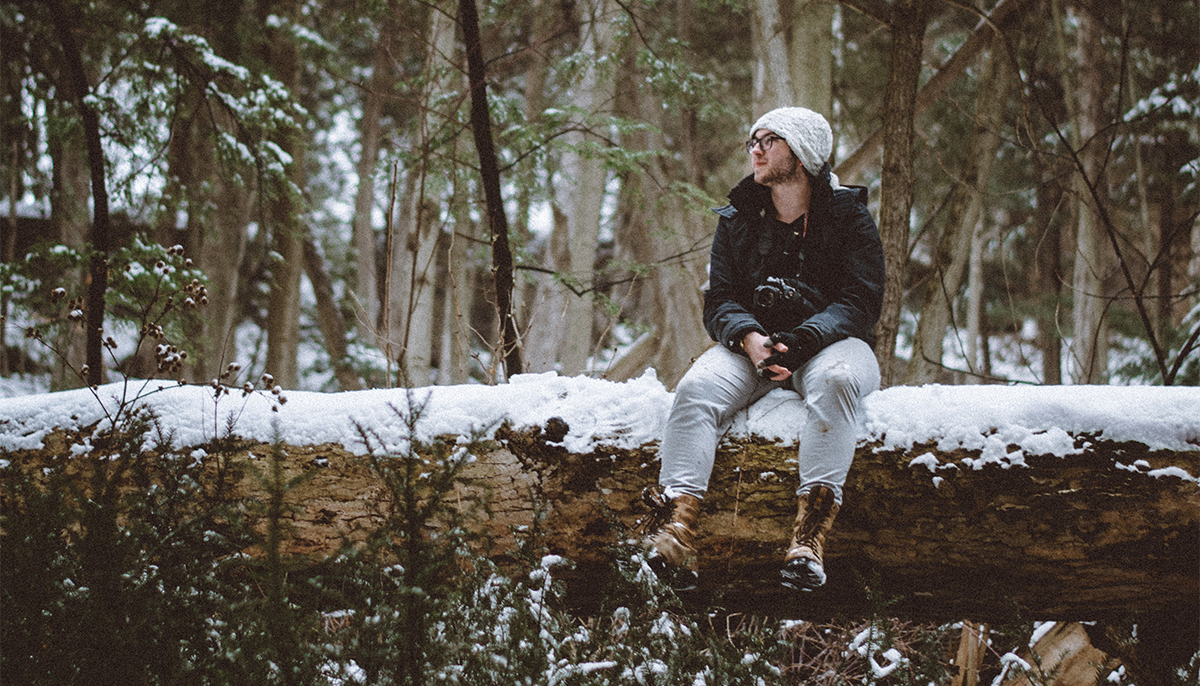BY THICH NHAT HANH|
Thich Nhat Hanh on mindfulness, harnessing compassion, and cherishing life.
To practice mindfulness is to become alive. Life is so precious, yet in our daily lives we are carried away by our forgetfulness, anger and worries. We are often lost in the past, unable to touch life in the present moment. When we are truly alive, everything we touch or do is a miracle. To practice mindfulness is to return to life in the present moment.
Practicing mindfulness, we see the suffering that is caused by the destruction of life everywhere, and we vow to cultivate compassion and use it as a source of energy to protect the lives of people, animals, plants and minerals. When we see suffering, compassion is born in us. It reflects the Buddha’s first sermon, that we have to be in touch with suffering.
It can be said that there are two kinds of suffering. Perhaps ninety-five percent of the suffering we endure every day is not at all necessary. Because of our lack of insight, we cause suffering to ourselves and others, including our beloved ones. But the remaining five percent is born out of contact with the real suffering around us and inside of us. To be aware of this kind of suffering brings about compassion, the energy necessary to transform ourselves and help relieve the suffering of the world.
Compassion is not blind energy. With it, we practice in order to learn ways to protect the lives of people, animals, plants, and minerals.
Do not lose awareness of the suffering that is going on in the world. Nourish that kind of awareness by whatever means possible: images, direct contact, visits, and so on. We have to do that in order to keep both the awareness of the suffering and compassion alive in us. But experiencing too much suffering is not good. Any medicine must be taken in the proper dosage. We need to stay in touch with suffering only to the extent that we will not forget. Then compassion will flow within us and be a source of energy that we can transform into action.
People often use their anger at social injustice as a basis for action, but that is unwise. When you are angry you are not lucid, and you can do many harmful things. According to Buddhism, the only source of energy that can be useful is compassion, because it is safe. When you have compassion, your energy is born from insight. It is not blind energy. With compassion, we practice in order to learn ways to protect the lives of people, animals, plants, and minerals. Just feeling compassion is not enough. If we do not know how to help, we can do damage. That is why love must go together with understanding.
From For a Future To Be Possible: Commentaries on the Five Wonderful Precepts published by Parallax Press; reprinted with permission.
CAN YOU HELP US AT A CRITICAL TIME?
COVID-19 has brought tremendous suffering, uncertainty, fear, and strain to the world.
Our sincere wish is that these Buddhist teachings, guided practices, and stories can be a balm in these difficult times. Over the past month, over 400,000 readers like you have visited our site, reading almost a million pages and streaming over 120,000 hours of video teachings. We want to provide even more Buddhist wisdom but our resources are strained. Can you help us?
No one is free from the pandemic’s impact, including Lion’s Roar. We rely significantly on advertising and newsstand sales to support our work — both of which have dropped precipitously this year. Can you lend your support to Lion’s Roar at this critical time?












Đăng nhận xét